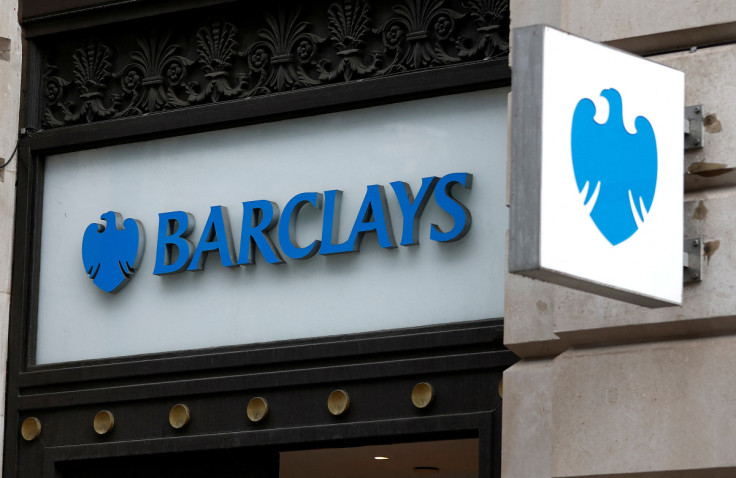UK University Students Initiate 'Career Boycott' in Protest Against Barclay's Climate Policies
More than 220 students from Barclays' top recruitment universities won't work for Barclays unless they terminate all financing for oil and gas companies.

In a bold move demonstrating the power of youth activism, a group of UK students has launched a 'career boycott' against Barclays, one of the country's major financial institutions, citing concerns over the bank's climate policies.
This protest reflects a growing trend among the younger generation to hold corporations accountable for their environmental impact and demand greater corporate responsibility.
More than 220 students from Barclays' top recruitment universities, including Oxford, Cambridge and University College London, wrote a letter saying they will not work for Barclays due to its connection with fossil fuel-led oil and gas firms including Shell, TotalEnergies, Exxon and BP.
"Your ambitious decarbonisation targets are discredited by your absence of action and the roster of fossil fuel companies on your books," the letter said. "You may say you're working with them to help them transition, but Shell, Total and BP have all rowed back."
Major oil corporations have recently scaled back their climate commitments which initially pledged a 35 per cent reduction in emissions by 2030 but have revised its goal to a 20 per cent to 30 per cent cut.
Similarly, ExxonMobil quietly withdrew support for algae-based low-carbon fuel plans, and Shell, despite earlier promises to reduce emissions, declared it would not augment investments in renewable energy this year.
The collective letter issued urges Barclays to terminate all financing and underwriting for oil and gas companies, extending beyond specific projects. The letter advocates for a substantial increase in funding for companies driving wind and solar energy initiatives.
This initiative follows a pledge in May by over 500 students and recent graduates directed at insurers supporting controversial fossil fuel projects, particularly targeting Lloyd's of London and specific firms like Beazley, Hiscox, Chaucer and Tokio Marine Kiln.
Representing this movement, Michelle Hemmingfield from Students Organising for Sustainability UK remarked: "New recruitment of the younger generation will be another headache for Barclays as long as it continues to finance companies building new oil and gas infrastructure since it relies heavily on Stem [science, engineering, technology and mathematics] applicants from Oxbridge and other top universities."
The 'career boycott' poses a fresh challenge for Barclays, which has faced scrutiny from climate campaigners during its AGM in May and encountered pressure related to its Wimbledon sponsorship and ties to the National Trust.
Additionally, grassroots campaigns, including a pensioner refusing to pay council tax due to a connection with the bank, have added to the challenges.
In response to these concerns, a spokesperson for Barclays stated: "Aligned to our ambition to be a net zero bank by 2050, we believe we can make the greatest difference by working with our clients as they transition to a low-carbon business model, reducing their carbon-intensive activity whilst scaling low-carbon technologies, infrastructure and capacity.
"We have set 2030 targets to reduce the emissions we finance in five high-emitting sectors, including the energy sector, where we have achieved a 32per cent reduction since 2020."
They continued: "In addition, to scale the needed technologies and infrastructure, we have provided £99bn of green finance since 2018, and have a target to facilitate $1tn in sustainable and transition financing between 2023 and 2030."
The 'career boycott' underscores the shifting expectations of the younger generation when it comes to corporate responsibility.
Students are increasingly vocal about their desire to work for organisations that align with their values, particularly on crucial issues such as climate change. This movement follows in the footsteps of similar initiatives targeting corporations with perceived lax environmental policies.
As the 'career boycott' gains traction, it prompts broader conversations about the role of financial institutions in mitigating climate change and the responsibility they bear towards future generations.
It remains to be seen how Barclays will respond to this pressure and whether other corporations will face similar scrutiny from an increasingly environmentally conscious workforce.
© Copyright IBTimes 2025. All rights reserved.






















